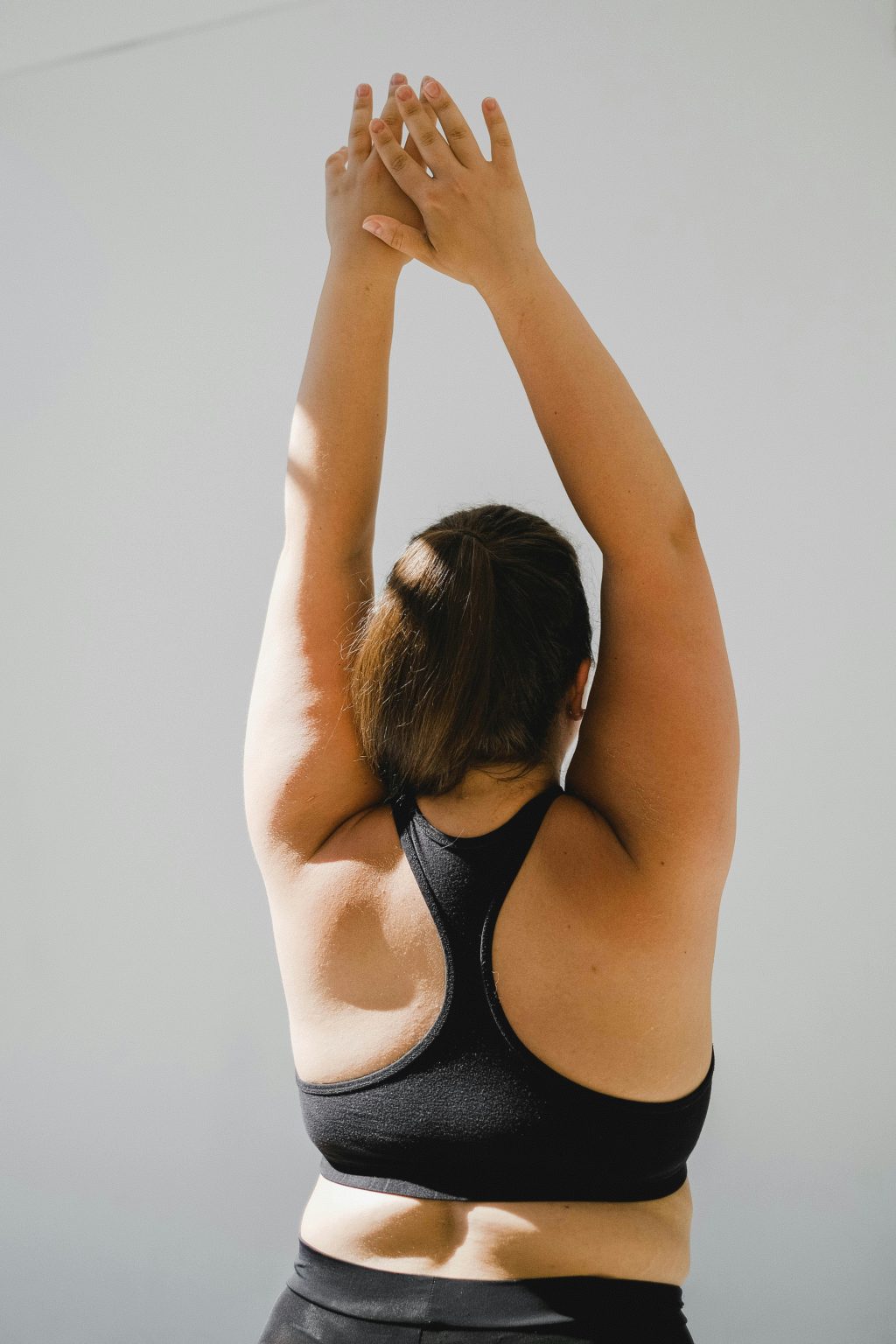● Wearable tech and conscious buying are influencing health and wellness spending habits globally – but price (76%) is the biggest motivator in influencing a purchase decision
● Globally, 43% of consumers say they would consider taking anti-obesity medication (AOMs) if recommended by a healthcare professional but in the UK, scepticism is higher, with nearly a third (31%) unsure and over one in five (21%) firmly opposed to using it
NielsenIQ (NIQ) has launched its Global State of Health & Wellness 2025: Navigating the shift from health trends to lifestyle choices report, the first report of its kind for NIQ to examine emerging consumer behaviours around health and wellness.
The findings include regional deep dives in 19 countries, focusing on the critical topics of trust and influence, nutrition, weight loss, mental wellness, health technology, and conscious buying within health and wellness.
Focus on value-first wellness
According to NIQ, 66% of UK shoppers say they are proactive in doing things to improve their health and wellness on a regular basis, which includes exercising, monitoring health metrics, watching what they eat, but this is lower than the global average (70%).
They are the most budget-conscious globally when it comes to health spending, with 39% willing to spend less than the equivalent of $50 on health and wellness products, which include healthier nutrition, self-care, and physical and mental health products or services. This is the highest proportion of budget-conscious consumers in any of the markets surveyed.
This sentiment is also reflected in British consumers’ attitude to healthcare technology. Price (76%) is the biggest motivator in terms of influencing a decision to purchase a health-focused technology product. And 31% would prefer to spend less than the equivalent of $100 a year on health-tech – overwhelmingly less than the global average (19%) and across Western Europe.
While recommendations from medical health specialists carry the most influence for UK consumers (41%), nearly one in three (31%) also say promotional offers, discounts, and loyalty rewards play a key role in their health and wellness purchase decisions.
Embracing self-care habits
NIQ data also shows that a third of consumers in the UK (32%) cite “lack of motivation” as their top barrier to making healthier life choices. Moreover, only 18% of UK consumers say they intend to step up their physical activity such as walking, running, or playing sports in the next 12 months – making them the least likely in Western Europe to do so.
Instead, UK consumers are leaning into lower effort self-care and preventative routines, with more placing importance on getting good sleep (61%), caring for their emotional and mental health (58%), and protecting against illness (55%) than they did five years ago, trends that align with global patterns.
British consumers also rank higher than the rest of Western Europe for taking vitamins and supplements (11%), using skin creams and face treatments (8%), and practising yoga or meditation (9%).
The Global State of Health & Wellness 2025 also found that:
● Increased importance on welfare and nutrition: UK shoppers are most willing to pay more for products that are cruelty-free or offer higher animal welfare standards (61%) and those with enhanced nutritional benefits like added vitamins or fibre (60%). However, fewer are prepared to spend extra on meat-free alternatives (32%), below the global average (41%).
● UK consumers are cautious over weight-loss medication:Nearly half (46%) hold a neutral view of anti-obesity medications, mirroring the global average. Uncertainty and resistance is higher in the UK, with 31% unsure about using such medications if recommended by a healthcare professional and 21% firmly opposed – both above global levels.
● Concerns over possible side effects of weight-loss medication are the biggest barrier (73%), also higher than the global average (69%). More than half (52%) of UK consumers would not be willing to pay for anti-obesity medication, the highest proportion among all global markets surveyed by NIQ.
● Data-sharing pragmatists: 58% would share personal health metrics with companies if it helps them improve habits – making UK consumers slightly more open than the global average (57%) and across Western Europe.
“To thrive in the evolving wellness market, brands must go beyond product innovation to deliver clarity, transparency, affordability, and trust,” said Marta Cyhan-Bowles, Chief Communications Officer & Head of Global Marketing COE. “Consumers are ready to invest in their well-being but need guidance. Companies must ensure their products are accessible, transparently labelled, and competitively priced to win consumer loyalty.”
Key Takeaways for Brands
Manufacturers and retailers must address consumers’ ongoing core concerns around the cost and availability of healthier options and their desire for authentic, clear, and detailed product information. Brands can additionally win loyalty with core segments, along with premiumisation potential, by ensuring that their full product portfolio has a wellness focus, as well as being ethically sourced, environmentally responsible, and socially aware.
